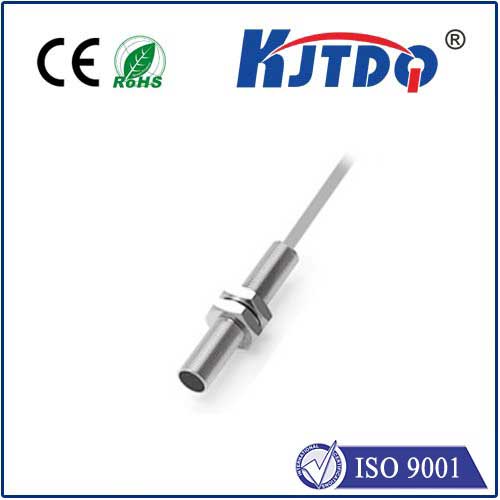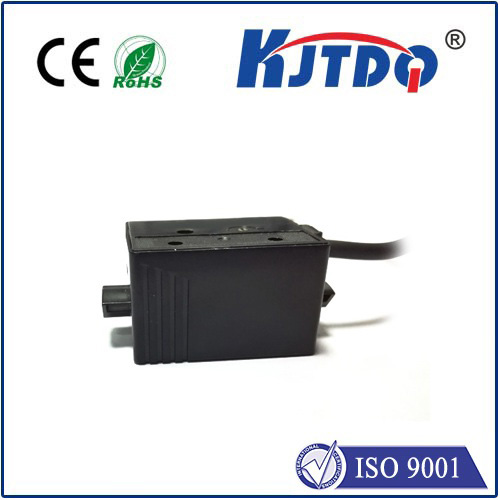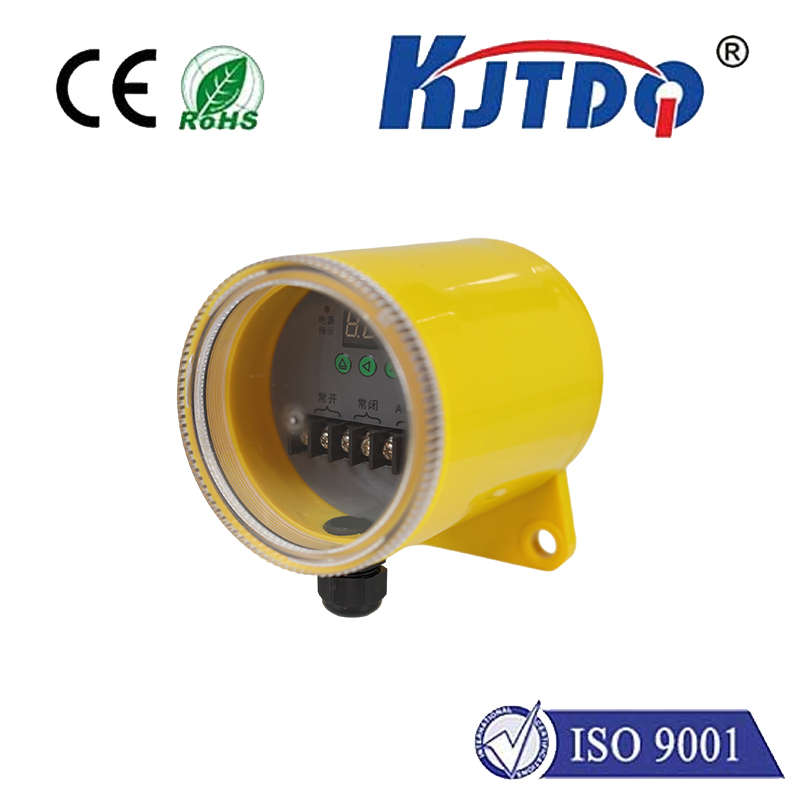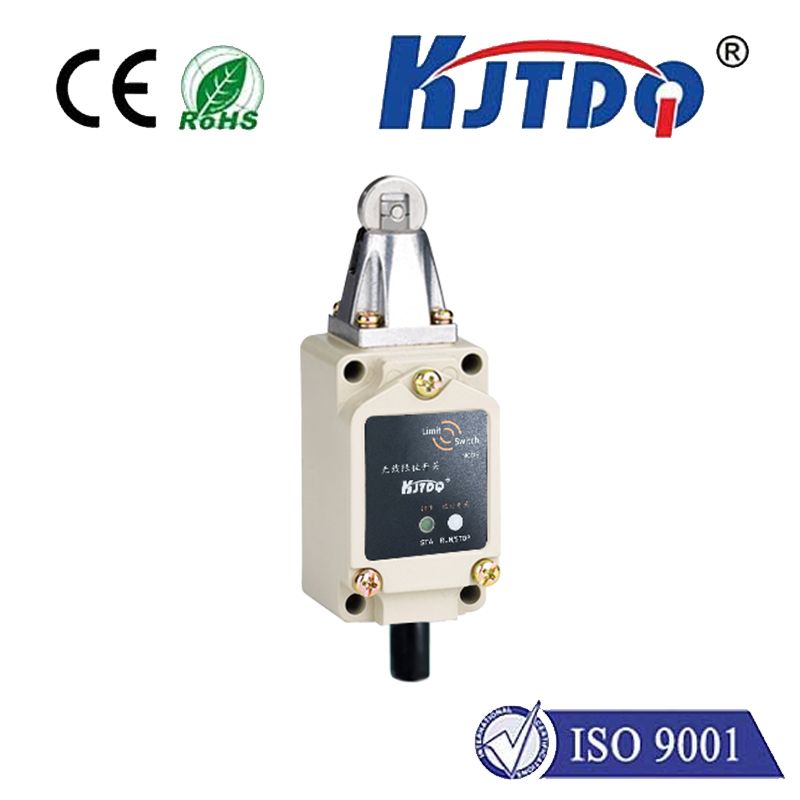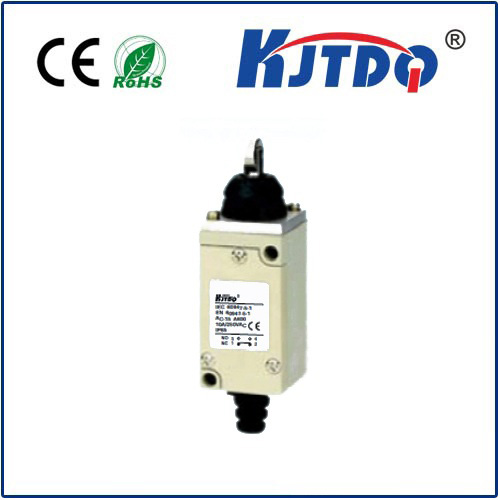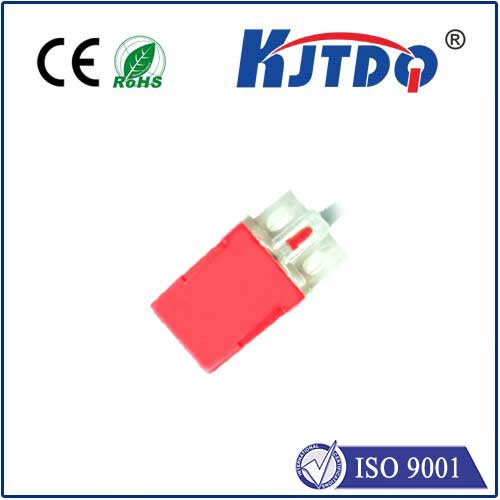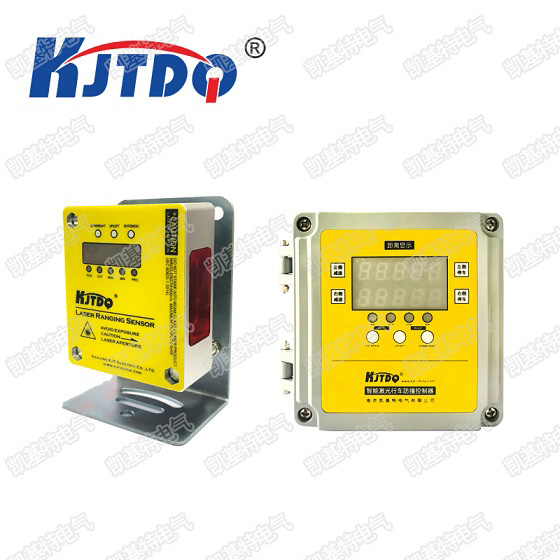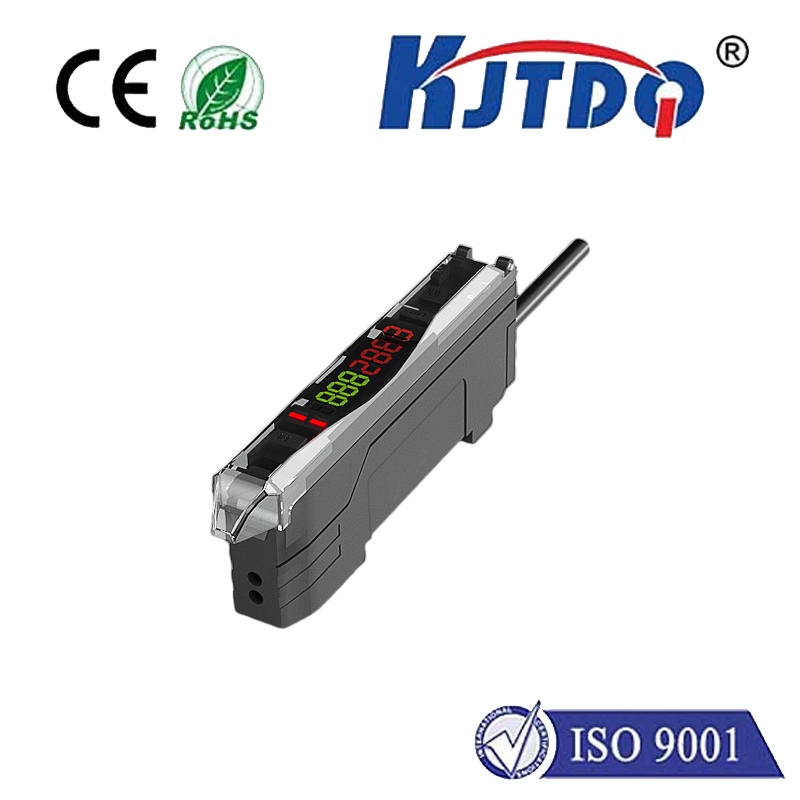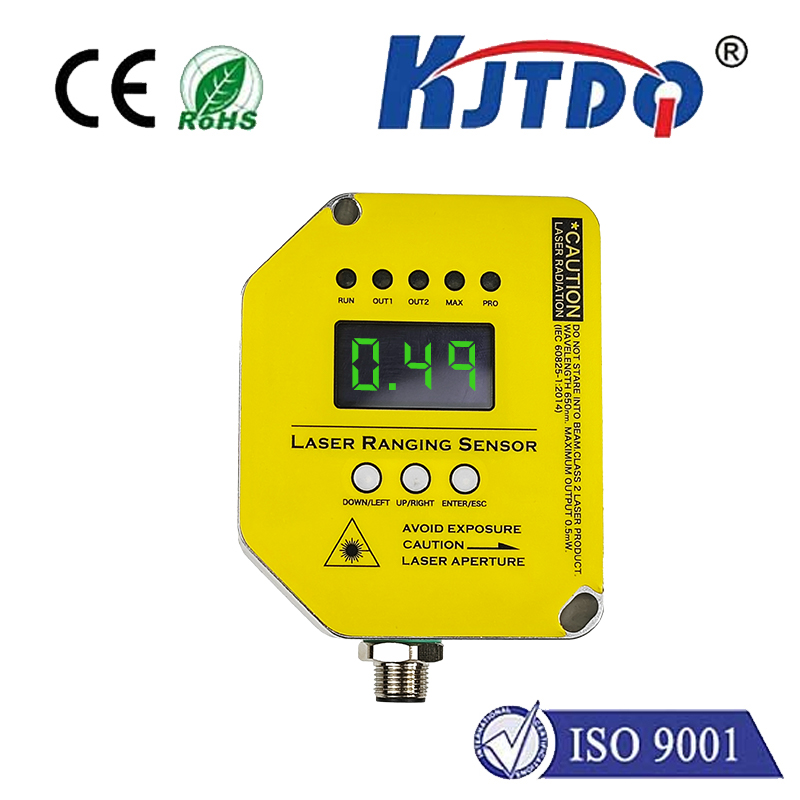

check

check

check

check

check

check

check

check

check

check
In the ever-evolving landscape of industrial automation, innovations are continuously shaping the future of manufacturing processes. Among these groundbreaking advancements, industrial laser sensors stand out as a testament to technological ingenuity and their indispensable role in modern industrial applications. These sophisticated devices offer unparalleled precision and efficiency, making them integral components across various sectors. This article delves into the multifaceted aspects of industrial laser sensors, elucidating their functionality, benefits, and transformative impact on industries.
At the core of an industrial laser sensor’s operation is the principle of laser light projection and reflection. These sensors emit laser beams that travel to a target, where upon hitting an object, the beam gets reflected back to the sensor. By measuring the time it takes for the laser to return, the device calculates the distance to the object with high accuracy. This process can be repeated hundreds of times per second, allowing for real-time monitoring and data collection. Industrial laser sensors come in different configurations, such as pulsed or continuous wave (CW), each suited for specific applications. For instance, pulsed laser sensors are ideal for short-range measurements, while CW sensors excel in long-distance detection due to their constant emission of laser light.
The integration of industrial laser sensors spans multiple domains, each benefiting uniquely from their capabilities. Here’s a glimpse into how these powerful tools are reshaping various industries:
Manufacturing and Production: In manufacturing plants, laser sensors ensure precise dimensioning and alignment during assembly processes, reducing errors and enhancing productivity. They also facilitate automated material handling systems, enabling robotic arms to pick and place components with pinpoint accuracy.

Automotive Industry: From guiding autonomous vehicles to detecting obstacles and measuring vehicle parts in quality control checks, laser sensors contribute significantly to safety and efficiency in automotive manufacturing.
Logistics and Warehousing: Laser sensors optimize inventory management through real-time tracking of goods and space utilization within warehouses. They play a crucial role in automating sorting and shipping operations, minimizing manual intervention and improving overall supply chain management.
Medical Device Manufacturing: In the healthcare sector, laser sensors enable the creation of highly precise surgical instruments and diagnostic equipment, ensuring patient safety and enhancing treatment outcomes.
Aerospace Engineering: The aerospace industry leverages laser sensors for non-destructive testing, engine health monitoring, and aerodynamic profiling, contributing to safer and more efficient flight operations.
One cannot overstate the advantages industrial laser sensors bring to the table. Their ability to deliver accurate measurements under varying environmental conditions makes them a reliable choice for critical applications where precision is paramount. Additionally, their high speed of operation allows for real-time process monitoring and adjustments, leading to improved production rates and reduced downtime. Moreover, industrial laser sensors are versatile tools that can be retrofitted into existing systems or incorporated into new designs without significant modifications. Their robustness against dust, vibration, and other harsh industrial environments further adds to their allure in challenging settings.
As technology progresses, the horizon for industrial laser sensors expands with even greater possibilities. Innovations such as machine learning algorithms integrated with laser sensing technology promise enhanced data interpretation capabilities, enabling predictive maintenance and smarter decision-making processes. Moreover, advancements in miniaturization allow for more compact sensor designs, facilitating their use in previously inaccessible areas. Sustainability efforts are also driving the development of energy-efficient laser sensors that consume less power without compromising performance. As industries increasingly adopt green practices, these eco-friendly solutions will become central to sustainable manufacturing strategies.
Industrial laser sensors represent a pinnacle of technological achievement in the domain of industrial automation and control. With their unmatched precision, versatility, and potential for future advancements, they continue to empower industries to reach new heights of efficiency, safety, and innovation. As we look forward, one thing remains certain: the role of industrial laser sensors will only grow, cementing their status as cornerstone technologies in the era of intelligent manufacturing and beyond.
